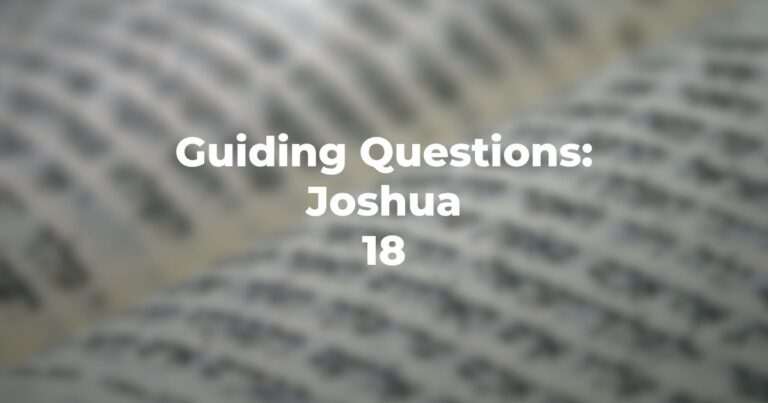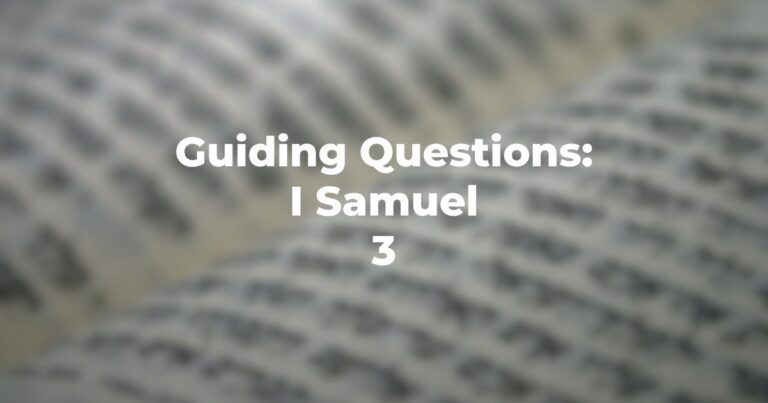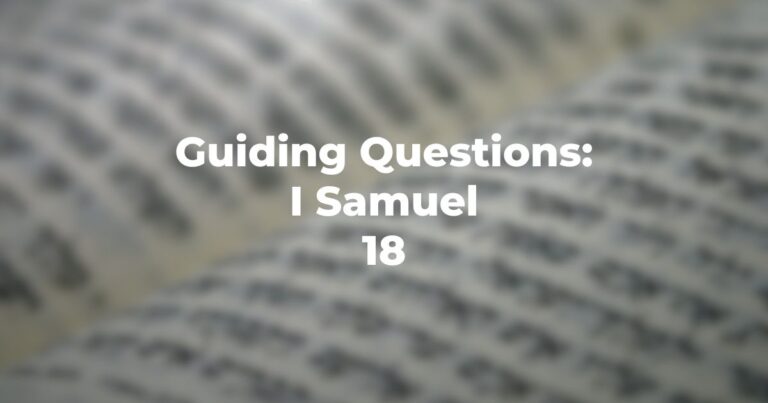- What is the underlying message of Proverbs 22:2?
- Why is Proverbs 22:3 expressed in the past tense?
- Does Proverbs 22:4 really suggest that wealth is a reward for humility? Compare this verse with messages about wealth elsewhere in the book.
- Proverbs 22:6 is one of the best known teachings of Proverbs. An alternate rendering of al pi darko (in the way he ought to go) is “according to his way.” How does this change the meaning of this verse?
- In Proverbs 22:9, tov a’yin is translated “generous man.” What does it literally mean?
- What does Proverbs 22:11 assume about the character of the king?
- How would you characterize Proverbs 22:13?
- Does Proverbs 22:15 imply advocacy of corporal punishment or some other form of punishment?
- How is making gifts to the rich “pure loss” (Proverbs 22:16)?
- According to the traditional commentaries, Proverbs 22:17 begins a new division of the book. Why does such a break occur in mid-chapter?
- Does this new division differ in character and structure from the previous division?
- Who is speaking and who is the audience?
- Are there any precepts in Proverbs 22:17-29 that we have not previously encountered?
- What is the point of Proverbs 22:28? (Cf. Deuteronomy 19:14.)
Author
-

Exploring Judaism is the digital home for Conservative/Masorti Judaism, embracing the beauty and complexity of Judaism, and our personal search for meaning, learning, and connecting. Our goal is to create content based on three core framing: Meaning-Making (Why?), Practical Living (How?), and Explainers (What?).
View all posts




